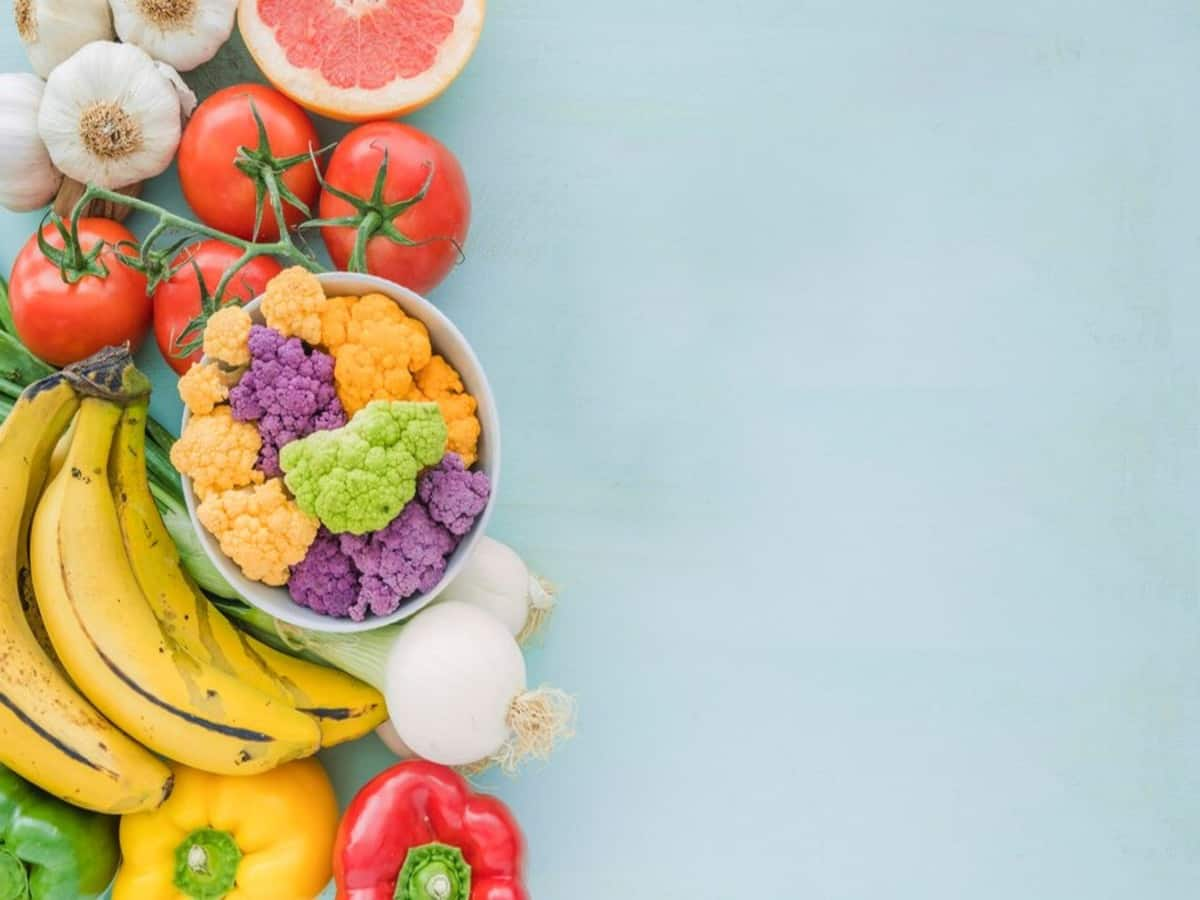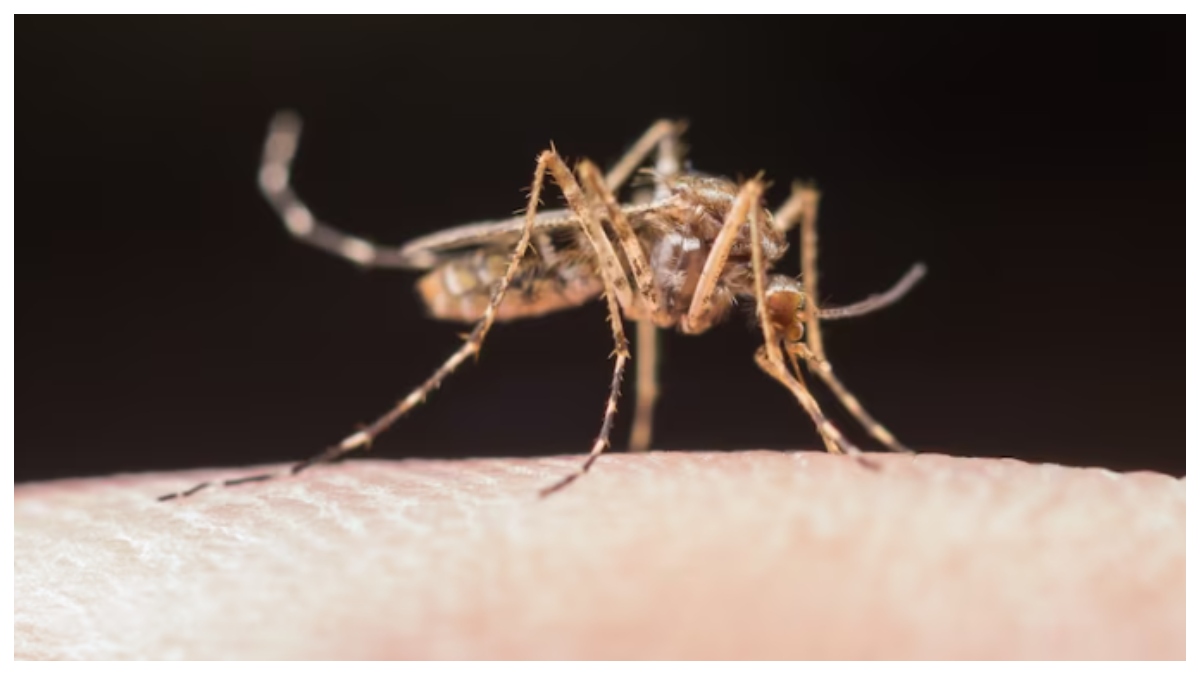One of the key aspects of the recovery of Rishabh Pant is nutrition. Other than physiotherapy and rehabilitation, it is one of the under-rated concepts that is playing a crucial role in the recovery of the talented wicketkeeper batter.
Rishabh had met with an unfortunate accident in late December. According to a press release by the BCCI, Pant suffered multiple injuries including a ligament tear, in his right knee cut to his forehead as well as injuries to his right wrist, ankle toe and abrasion injuries on his back. On the recommendation of MS Dhoni, the player was associated with Shewta Shah who is a nutritionist and founder of EatFit24/7. She began working with Rishabh again in March in order to help Pant’s issues with regard to nutrition.
“Rishabh was unable to eat anything, resulting in him having no energy. He had too much headaches, and couldn’t do his physio or walk even for two steps or five minutes. What food he had to eat was a problem as his family attempted to make him eat his comfort food, as he’s a hardcore chicken lover.”
READ MORE: Rishabh Pant Smashes the Ball Out of the Park as He Resumes Batting Practice: WATCH – News18
“But when Rishabh ate chicken, his stomach got upset. He was given sweet or dosa to eat, but gas, acidity, bloating and urticaria persisted. He had too much pain in his body and could not take some medicines or a few painkillers because of bloating and gas. Because of antibiotics, his stomach had become very heavy,” said Shweta in an extensive chat with IANS.
Heavy medication given to Rishabh after undergoing surgery in January led to ruptures in his stomach lining. “Generally, it is a smooth lining. But in Rishabh’s case, it had become like fish-net pouches and had to be brought back to a very smooth lining,” says Shweta.
Managing Rishabh’s stress was also necessary. “The release of cortisol hormone due to stress wouldn’t have aided me in sealing his gut’s inner line. Also, in the initial weeks, he was very constipated, and that had to be taken care of,” she adds.
Shweta’s first step in helping Rishabh heal through nutrition was to fix his gut health and activate digestive juices. It happened through a powder made by her named ‘De-bloat by Eatfit 24/7’, which Shweta believes turned out to be the game-changer for Rishabh.
READ MORE: ‘One Strikes the Ball Like a Rocket, The Other Launches it to the Orbit’: Rishabh Pant Meets Sunil Chhetri – News18
“It helped activate his jathar agni (ayurvedic digestive fire). If that fire is small, then the food will not digest properly, which was the case with Rishabh. It had to be activated, as whatever was eaten, had to be absorbed, digested and assimilated properly to get the required nutrients. Taking de-bloat powder had no side effects and helped manage his stress too.”
Shweta stopped non-vegetarian food for Rishabh and put him on a khichdi diet for the first 20 days. “One doesn’t need microflora to digest khichdi, and eating it also meant Rishabh didn’t have gas or bloating. That khichdi regime was something which Rishabh said was the best diet he ever had in his life.”
Khichdi for Rishabh was made using only yellow and chilka dals with kolam rice and vegetables of his liking, followed by juices added from the ninth and tenth days. Juices made of celery and cucumber, plus mint and coriander, helped alleviate water retention caused by medication. Inflammation was treated with pineapple juice during that season while pomegranate juice was served to purify blood.
Red chilli powder and garam masala, along with raw foods, were avoided in the first and second weeks. When Rishabh was craving to eat non-vegetarian food, Shweta introduced it 15 days later, to be consumed only twice or thrice a week.
“We commenced through chicken curry with rice and Thai chicken curry with rice. He doesn’t like fish, so eggs and avocados were given for breakfast. He really loves parathas, which were made gluten-free along with rotis. For another 15 days, we refrained from giving him wheat, dairy, and paneer. Once a month passed by, paneer was given.”
Energy-giving foods were included as Rishabh slowly upped his fitness levels. “We gave him haemoglobin laddoos, made of various seeds, desiccated coconut, almonds, walnuts, dates, raisins, nutmeg, honey and ghee.”
“In between, boiled beetroot and pomegranate were given, along with whole grains, fresh fruits, chia seeds pudding, makhana, banana and roasted chana combination, which was best mix for providing energy,” adds Shweta.
She firmly believes gond katira, a jelly-like, water-soluble natural gum, has been a catalyst in Rishabh’s fast recovery. With anti-inflammatory properties, gond katira aided in improving gastrointestinal plus bone health. It was dissolved overnight and one spoon of it was mixed with lemon water, to be consumed twice a day.
Plus, green and white ORS sachets were added to help Rishabh in recovering from muscle cramps. “We always run after protein shakes, but he was not given that at all. ORS became an amazing electrolyte for improving his sodium levels,” added Shweta.
Upon waking up, Rishabh was served a digestive tea consisting of cardamom, cumin, and black pepper. Besides playing around with juices during breakfast, he ate eight black raisins to cure acidity.
Lunch comprised rice, roti, or khichdi, as well as his preferred foods like kodo millet rice, buckwheat dosa and ragi/jowar rotis. Evening snacks consisted of tikkis, kebabs, sprouts, chaats, bhel, and gluten-free noodles.
Dinner usually involved rice and chicken curry, with carbohydrates present to support brain and gut health. In case Rishabh felt hungry after having dinner around 8-9 p.m., apple cinnamon tea was given.
The simplicity of Rishabh’s home-cooked meals has been the foundation of his nutrition-based recovery. His body absorbed the homemade food easily, thus aiding his recovery. Eating outside food was forbidden on Shweta’s strict orders to avoid processed food.
“Eating processed and refined food would have broadened fish-net-like stomach lining. With outside food being largely marinated in curd, I never wanted him to eat that as it’s hot nature-wise.”
“Many believe he’s wealthy and can heal by taking any medication. But his food has been very simple and home-cooked, helping him to recover well and it’s something Rishabh agrees with.”
Shweta noticed a remarkable improvement in Rishabh’s appetite in just 10-12 days of being put on the diet. “He used to first eat only three spoons of the meals. I was in shock wondering what he used to eat previously and what he was eating at that time (after surgery).”
“We didn’t force him to eat much as his bile and pancreatic juices were not that great, meaning the digestive system was upset. We started from small quantities and now he’s eating full-fledged.”
Shweta revealed she’s successfully convinced Rishabh to not eat much spicy food, with more healthy elements in meals. “If biryani is given, it’s made with kodo millet rice. Khakra, tacos, dal pakwan, kebabs, tikkas and burgers are made gluten-free.”
“He knows the difference between what he’s feeling now and what he felt at that time. In just a few meals, we only add spices and no garam masala yet. Natural eating & home-cooked food are leading his healing; there is no bluff involved.”
With Rishabh being dedicated to following Shweta’s diet, as well as his physiotherapist, trainer and therapist working very hard to help him recover, relief was writ large when a potential second surgery in May was avoided.
“By then, his calcium and all blood levels were working nicely. His sugar and cholesterol levels dropped while his sodium was levelled too. When the doctors checked, they saw surgery was not needed, because he was also having proper nutritious food which was required.”
“Also, the nature of surgery was mild, making it an avoidable one. With me, his physiotherapist, trainer and therapist, we were like the pillars and everybody worked on him. It really helped him a lot, and yes, Rishabh is a fighter.”
Shweta is now concentrating on Rishabh’s fat and inch loss by portion control. She is also focused on improving his lipid profile, which is unsatisfactory in her view, as well as on creatine and uric acid.
“He’s got amazing energy levels and I want to work on his faster recovery so that he can return to play faster. Since Rishabh is fond of food, we want to put more comfort foods, which were shut. We will go around it slowly.”
Shweta credited Puneet Solanki, Rishabh’s long-time friend-cum-manager for being very cooperative and managing the diet implementation seamlessly while travelling between New Delhi, Mumbai, and Bengaluru.
“Puneet has managed wonderfully and was quick in getting anything that was needed. Whenever a change in diet was to happen, he would say, “Mam, you tell what has to be brought, I will get it. If any medicinal herb is needed, I will bring it.”
“I didn’t need to wait for even one day as he got the items in advance while guiding all the chefs and crew during diet changes. Because of Puneet, my journey with Rishabh has been a very smooth process. There’s a village behind in working for him, but Puneet is the main head of it and I won’t lie in saying this.”
Shweta noticed the left-handed wicketkeeper-batter showed curiosity about the food given for his recovery. “The best part about Rishabh is he listens to everyone and it’s not like he would eat anything blindly.”
“He would ask ‘Why are you giving kodo millet? What would happen from it? It’s hard to eat and I am not liking it. But after being explained calmly, he would eat it in a bindass (cool) manner, quietly and without uttering a word. He would gain a little knowledge and then eat food.”
Everyone in the cricketing universe is sorely feeling the absence of an X-factor player like Rishabh. To say otherwise would be an understatement. Whenever he takes the field in future, fans will be more than delighted to see him in action, while secretly thanking debloat powder and various home-cooked meals for his recovery.
(This story has not been edited by News18 staff and is published from a syndicated news agency feed – IANS)






































